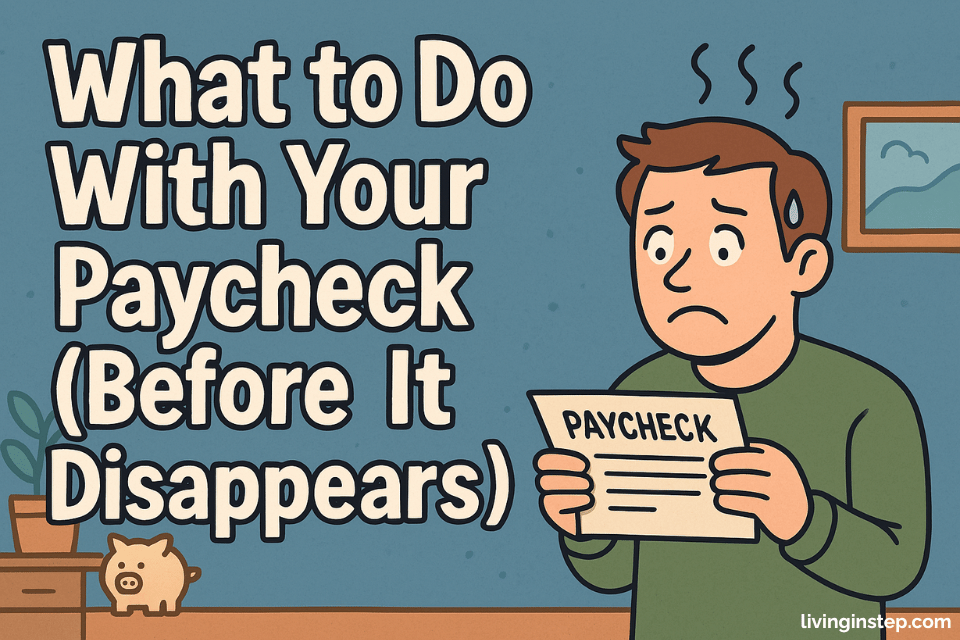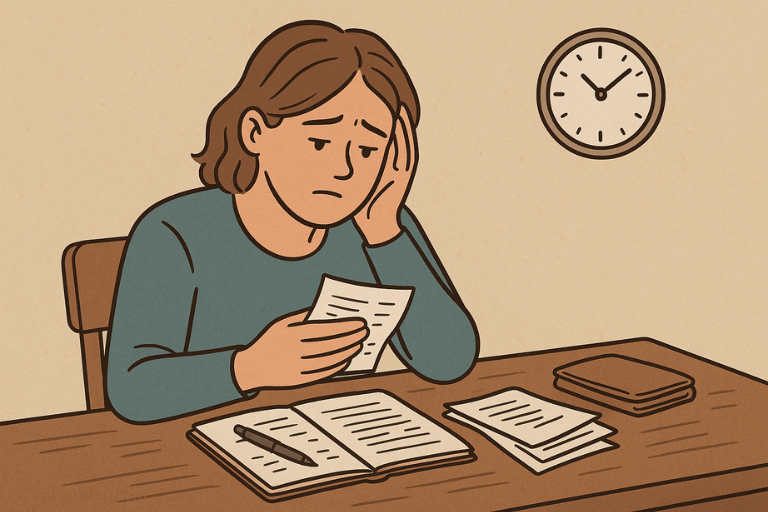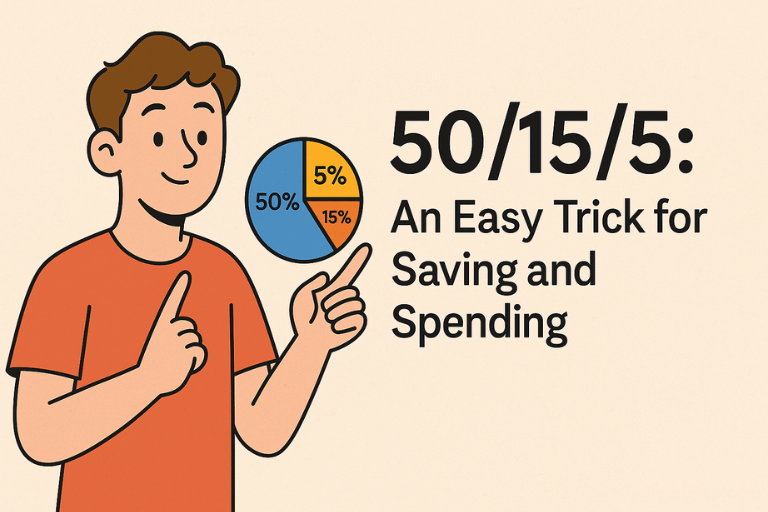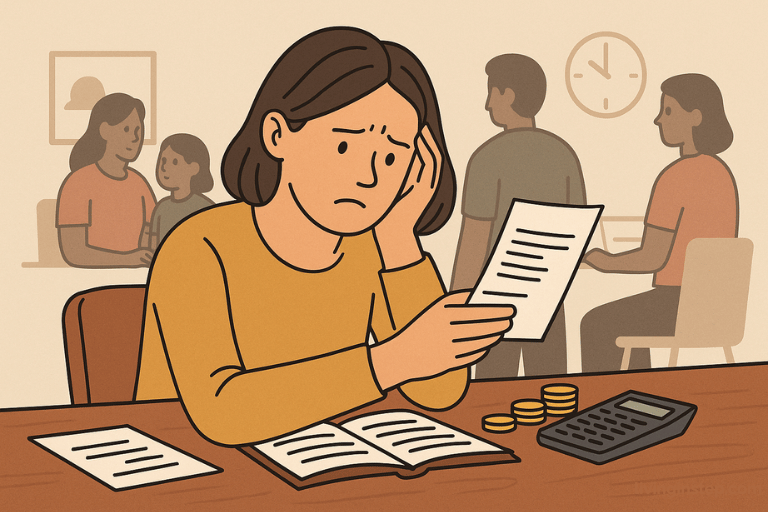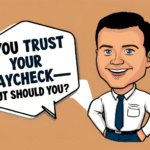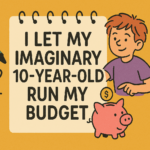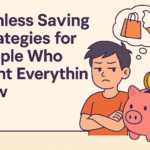Payday hits
You feel that brief wave of relief
And then somehow—without doing anything that feels wild—most of it’s gone within a few days
Sound familiar?
You’re not alone.
It’s not about poor decisions. It’s that the money often has somewhere to go before you’ve even had a chance to think
So the question isn’t just how to spend it—it’s when to decide
And for most people, that moment needs to come a lot sooner than it does
Most of the damage happens in the first 72 hours
That’s when the balance looks full
You feel a little breathing room
And it’s easy to think you’ve got more margin than you actually do
You ever bought something in that first rush of payday confidence—then realized later it threw the whole month off?
It doesn’t take much
One extra meal out
A few “I deserve this” purchases
A payment you forgot was coming
And suddenly, it’s another month of juggling and stressing
What helps is deciding in advance where things go
Not a strict budget
Not a spreadsheet
Just a handful of quick, intentional moves that happen right after you get paid
Before the money starts drifting into places it doesn’t belong
Here’s what that looks like for a lot of people
Handle the fixed stuff first—automatically
The rent
The bills
Any non-negotiables
If those get paid right away (or are set to leave automatically), you don’t have to wonder what’s left
You already know
And more importantly—you can’t accidentally spend what was never yours to play with
Move what’s for saving—out of sight
Even if it’s just a small amount
Even if you think, “I’ll move it at the end of the month if there’s anything left”
Most people won’t
Not because they’re lazy
But because life will eat it first
When you move it up front, it’s protected
And when it’s not in your spending account, you’re less likely to treat it like it’s available
Create a spending container
Some people call it a second account
Others just keep a number in mind
But the idea is simple: give yourself a clear amount for flexible spending
Groceries
Gas
Small stuff
And let that be the boundary
Not because you’re trying to restrict yourself
But because uncertainty is where most overspending happens
Check your calendar—not just your balance
This part gets skipped a lot
You see what’s in your account, but forget what’s coming next week
Birthdays
Events
A weird utility bill that always hits mid-month
If you look ahead at your calendar before you start spending, you’ll probably spot a few things early enough to adjust
And it’s way easier to adjust now than it is to recover later
Final Thought
Getting paid feels good
Losing track of your paycheck before you even get a chance to use it?
Not so much
The people who feel most in control of their money aren’t necessarily earning more
They’re just deciding faster
Before the decisions get made for them
You don’t need a perfect plan
You just need a few small moves that happen early—before the drift sets in
That’s what makes the rest of the month feel lighter
Note: This content is for entertainment purposes only and is not financial advice. Please consult a qualified financial advisor for guidance specific to your situation

